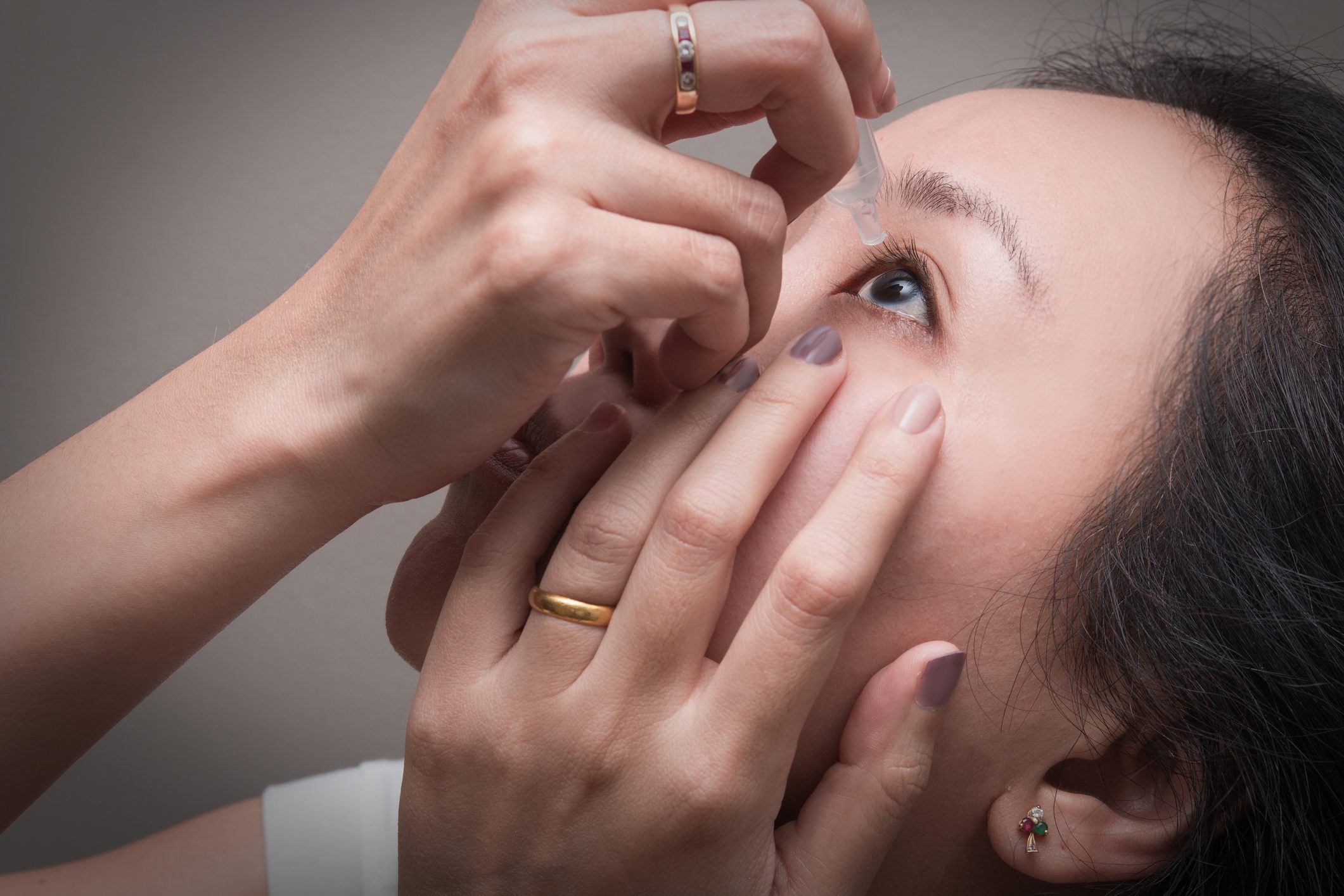Question
What is the Red Eye"? And is it related to allergies?"
Answer
No, we are not talking about airplane flights here… “Red Eye” is a “basket” term that encompasses a wide range of eye conditions. Most conditions are self-limited; however, red eye can be a sign of serious eye disease. Presence of pain helps to distinguish between the more serious eye conditions and less serious ones, as pain may be present in a vision-threatening disorder. Eye allergy commonly affects both eyes and is associated with itching and tearing. A white “ropey” discharge can occur if this becomes a more chronic condition. Eye allergy (allergic conjunctivitis) does not typically threaten vision unless it is a chronic, very severe form. Seek a more detailed discussion and evaluation with your allergist or eye doctor.
Question
What are the signs and symptoms of an eye allergy?
Answer
Itching is always present when a person has eye allergies. Tearing and bloodshot eyes are also common. If your eyes are not itchy, other diagnoses should be considered.
If you experience itchy eyes in the spring or fall, you may have seasonal allergies. However, most people with nasal allergies also have eye allergies.
People with dry eyes can sometimes be misdiagnosed as having eye allergies. Certain allergy treatments can make this dryness worse, so if you suspect you have eye allergies, it is important to visit an allergist for a thorough evaluation.
Question
For eye allergy symptoms, what kind of treatment is available and which should I try first?
Answer
Cold compresses and lubrication can help alleviate some of your discomfort. Artificial tears won’t address the cause of the problem, but they can be helpful in rinsing away allergens. If you wear contact lenses, use the disposable kind.
Whenever possible, avoid the allergen that causes your symptoms. However, avoidance is often easier said than done, especially when it comes to seasonal allergies. You can’t really move away for 3 to 4 months at a time!
If you have ocular (eye) allergies, there are numerous therapies available beyond these first-line remedies. Topical eye antihistamines (prescription and over-the-counter) may give immediate relief. However, they can’t be used with contact lenses in place.
Steroid nasal sprays may be useful for milder cases of eye symptoms related to nasal allergies.
Over-the-counter oral antihistamines can help as well, but may lead to dry eye problems.
See your allergist for testing to determine what is causing your eye allergies. Knowing exactly what you’re allergic to can help you avoid the allergen as much as possible, and your allergist will develop a management and treatment plan with you. Allergen immunotherapy, or allergy shots, can’t provide immediate relief, but typically work very well to control eye allergy symptoms.
Back to Resources
Eye Symptoms
Find answers to popular questions about eye symptoms.
